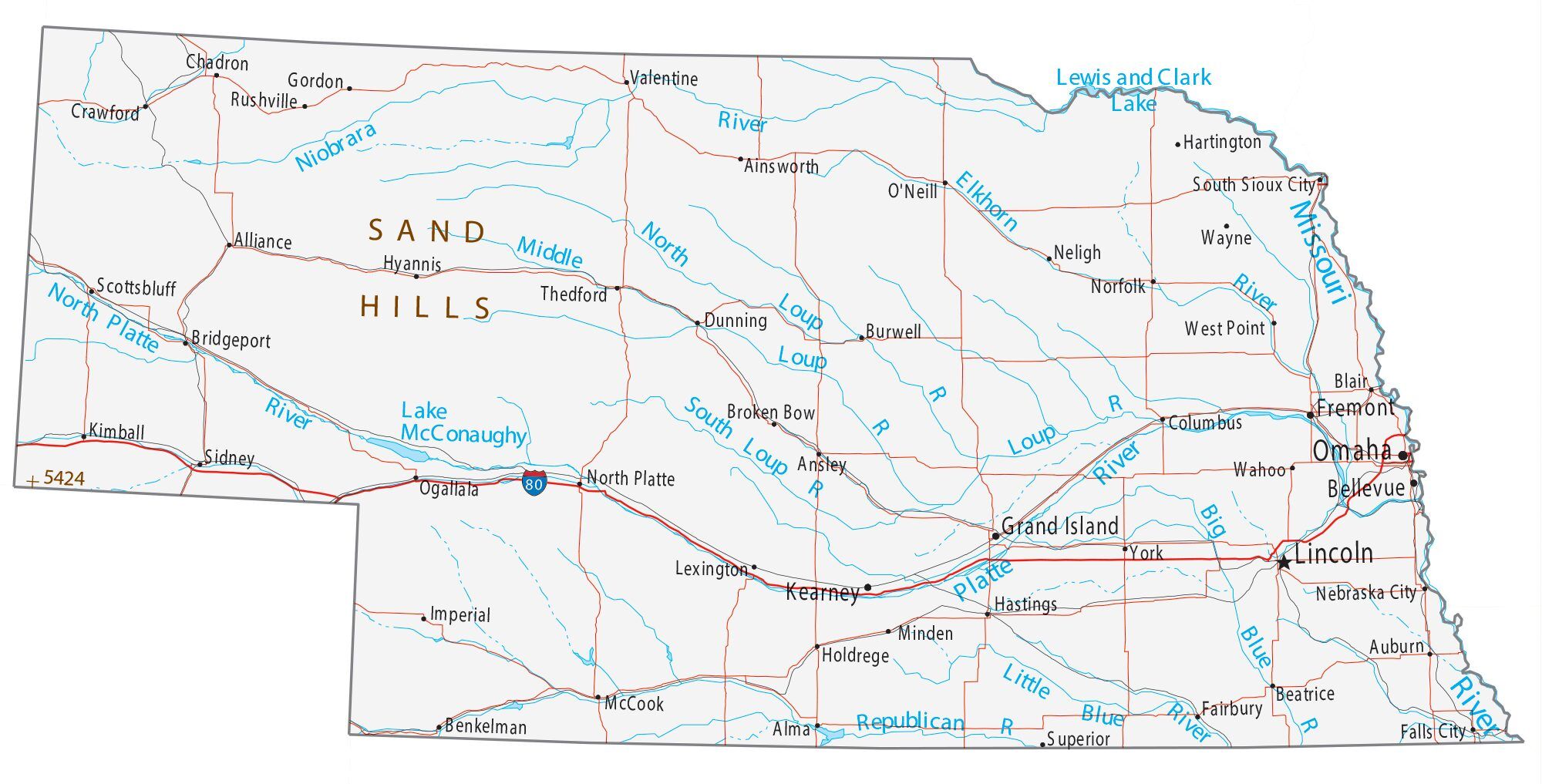Understanding Nevada septic tank laws is essential for homeowners and businesses relying on on-site wastewater treatment systems. This guide outlines key regulations, compliance requirements, costs, and resources to help you maintain a compliant and efficient septic system in Nevada.
Table of Contents
- State-Specific Regulations
- Compliance Information
- Cost Information
- Local Resources and Contact Information
- Supportive Resources
- FAQs About Nevada Septic Tank Laws
State-Specific Regulations
Installation Permits
IIn Nevada, installing a septic system is a regulated process that begins with obtaining a permit from the local health department or an equivalent agency. To secure a permit, applicants must provide detailed documentation, including site plans, soil test results, and professionally designed system layouts. These steps ensure that the proposed system meets environmental and safety standards. Permit fees vary across counties, typically ranging from $150 to $500, depending on the complexity and scope of the project. This permitting process is crucial for protecting public health and maintaining compliance with state regulations.
Septic Tank Size and Placement
Nevada’s regulations mandate that septic systems are appropriately sized to handle the specific water usage demands of households or businesses. Commonly, tank sizes range between 1,000 and 1,500 gallons, ensuring sufficient capacity for waste processing. Placement guidelines are stringent to prevent environmental contamination, requiring minimum distances such as 50 feet or more from wells, property lines, and water bodies. Additionally, drain fields must meet soil suitability standards, which involve evaluating the soil’s permeability and drainage capacity to ensure proper wastewater absorption and avoid groundwater pollution. These requirements collectively safeguard public health and the environment while maintaining system efficiency.
Wastewater Disposal
Wastewater disposal regulations in Nevada aim to protect public health and the environment. On-site sewage treatment systems (OSTS) must comply with Nevada’s environmental quality standards, ensuring treated wastewater does not harm groundwater or surface water. Regular inspections and adherence to design standards are mandatory to avoid violations.
Maintenance and Pumping
Nevada health department guidelines recommend septic tanks be pumped every 3 to 5 years, depending on usage and tank size. Homeowners must maintain records of inspections and pumping to demonstrate compliance. Preventive maintenance helps avoid costly repairs and ensures the system’s longevity.
Compliance Information
Potential Fines and Penalties
Failure to adhere to Nevada septic tank laws can result in fines ranging from $500 to $5,000, depending on the severity of the violation. Additionally, non-compliance may lead to mandatory system upgrades or replacements.
Environmental Protections
Nevada prioritizes environmental protections in wastewater management. Specific rules safeguard groundwater quality, particularly in areas with high water tables or sensitive ecosystems. Non-compliance with these protections can lead to legal action and additional remediation costs.
Cost Information
Permit Fees
Nevada septic permits cost between $150 and $500, varying by county and system complexity. Additional fees may apply for soil testing or system design reviews.
Pumping Costs
Septic tank pumping in Nevada typically costs between $200 and $400. Costs can increase if the tank is oversized or has not been serviced regularly.
Installation Costs
The average cost to install a septic system in Nevada ranges from $5,000 to $15,000. Factors such as soil conditions, tank size, and advanced treatment systems can affect the final price. Homeowners should budget for inspections and potential repairs during installation.
Local Resources and Contact Information
State and Local Agencies
- Nevada Division of Environmental Protection (NDEP): Regulates wastewater management and environmental quality standards. Visit their website for detailed guidelines.
- Local Health Departments: County health departments manage permitting and inspections. Contact your local office for site-specific requirements.
Certified Septic Service Providers
Homeowners should hire licensed professionals for installations, inspections, and maintenance. Many Nevada-based companies are certified to comply with state laws, ensuring reliable service.
Contact
Nevada Division of Environmental Protection | NDEP
901 S. Stewart Street,
Suite 4001
Carson City, Nevada 89701
375 E. Warm Springs Road,
Suite 200
Las Vegas, NV 89119
Supportive Resources
Government Links
- Nevada Health Department: Comprehensive guidelines for septic system installation and maintenance.
- NDEP’s On-Site Sewage Treatment Systems (OSTS) page: Technical resources and regulatory updates.
Trusted Service Providers
Local directories and association websites often list certified professionals specializing in septic systems. Always verify credentials before hiring a provider.
Downloadable Guides
The Nevada Health Department and environmental agencies offer downloadable PDFs on septic system care, wastewater management laws, and best practices for homeowners.
Conclusion
Nevada septic tank laws are designed to protect public health and the environment while ensuring effective wastewater management. By understanding and adhering to these regulations, homeowners can avoid fines, maintain efficient systems, and contribute to Nevada’s environmental sustainability. For additional assistance, use the resources provided and consult local agencies or certified professionals.
FAQs About Nevada Septic Tank Laws
How often should a septic tank be pumped in Nevada?
Nevada health department guidelines recommend pumping septic tanks every 3 to 5 years. The frequency depends on household size, water usage, and tank capacity. Regular pumping prevents system failures and ensures compliance with state regulations.
Are permits required for repairing a septic system in Nevada?
Yes, permits are typically required for significant septic system repairs in Nevada. Homeowners must contact their local health department to determine specific requirements and fees, which usually range from $150 to $500.
What are the setback requirements for septic systems in Nevada?
Septic systems in Nevada must be placed at least 50 feet from wells, property lines, and water bodies. These setbacks ensure environmental safety and protect groundwater quality. Always check with local agencies for specific site requirements.
Can I install my own septic system in Nevada?
In most cases, septic system installation must be performed by a licensed professional in Nevada. This ensures compliance with Nevada septic tank laws and guarantees the system meets environmental and safety standards.
What happens if my septic system fails to meet Nevada wastewater management laws?
Failure to comply with Nevada wastewater management laws can result in fines ranging from $500 to $5,000. Non-compliance may also require costly system upgrades or replacements to meet state standards.
Septic Regulations in Rural Areas: Essential Guide for Rural Property Owners
The Role of Perforated Pipes in Drain Fields
What Happens During a Pumping Service?
Septic Tanks vs. Sewer Systems | Choosing the Right Option
Directory | Virginia Septic Service Providers | Part 2
Directory | Virginia Septic Service Providers : Best Professionals | Part 1







